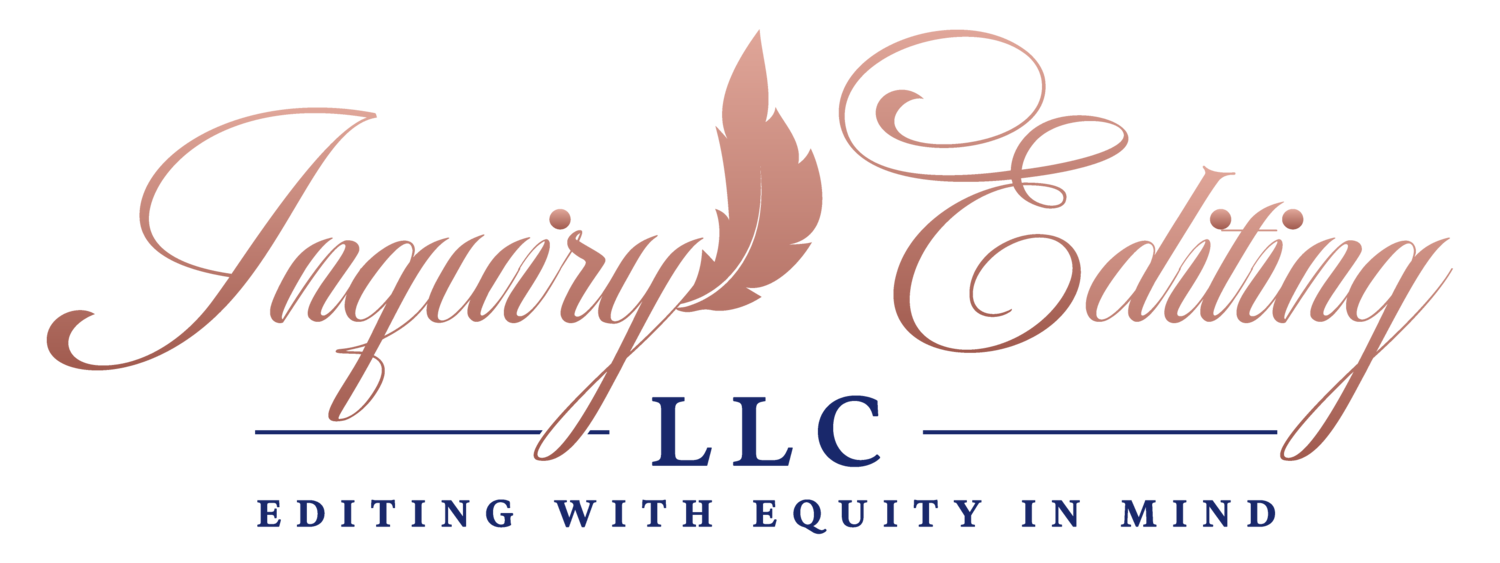Juggling Multiple Projects
“I don’t know how anyone does that,” I once responded to a question about working on one project at a time. I continued, “You’re talking to someone who has three jobs, and multiple research projects on her desk.” The person just stared, jaw slack, eyes wide.
“Why?”
When reading for my comprehensive exams as a graduate student, I kept a separate notebook where I journaled about ideas that struck me as useful but unnecessary (at the time) rabbit holes. That notebook helped me form the germ of my dissertation and my first few (non-dissertation related) articles.
While I journaled, I learned a valuable lesson about how my mind works: in order to keep myself focused on the task at hand, I need to at least acknowledge the other tasks that are possible. Throughout my career, I have consistently worked on two or more projects: one out for review, one on the desk, and one in the wings. The more I write and read and research, the more ideas I have. So, I log them and get to them later.
Not all the ideas are viable, but they do pique my interest enough that they can be distracting if I don’t write them down. For instance, when I read poems I like, I transcribe them or note the reasons why I like what they’re doing with language. In my notebooks, you’ll find “curious about internal rhyme of opposing ideas” or “consider a series of dactyls followed by an iamb.” When I get stuck on a poem, I flip through the notebook and experiment with the instructions in the notes. Another example, as I wrote New Body Politics, I taught a class on Octavia E. Butler. The patterns I noticed were the germ of the first article I wrote on Butler. The germ of the first article (the one in Hypatia not the one in JLCDS) was preparation for the kinds of moves I made in Black Madness :: Mad Blackness.
For me, juggling multiple projects seems like the sensible way to keep my mind occupied when I find myself waiting on peer review, or stuck in one project. Lately, the projects are different genres so sometimes I need the multiple projects to communicate different ideas.
Here’s the thing: those of us whose brains work in this way are not better scholars or writers than those folks who prefer to focus on one thing at a time. The biggest lesson is to figure out how your brain best helps you sift through the detritus so you can keep the main thing the main thing.
